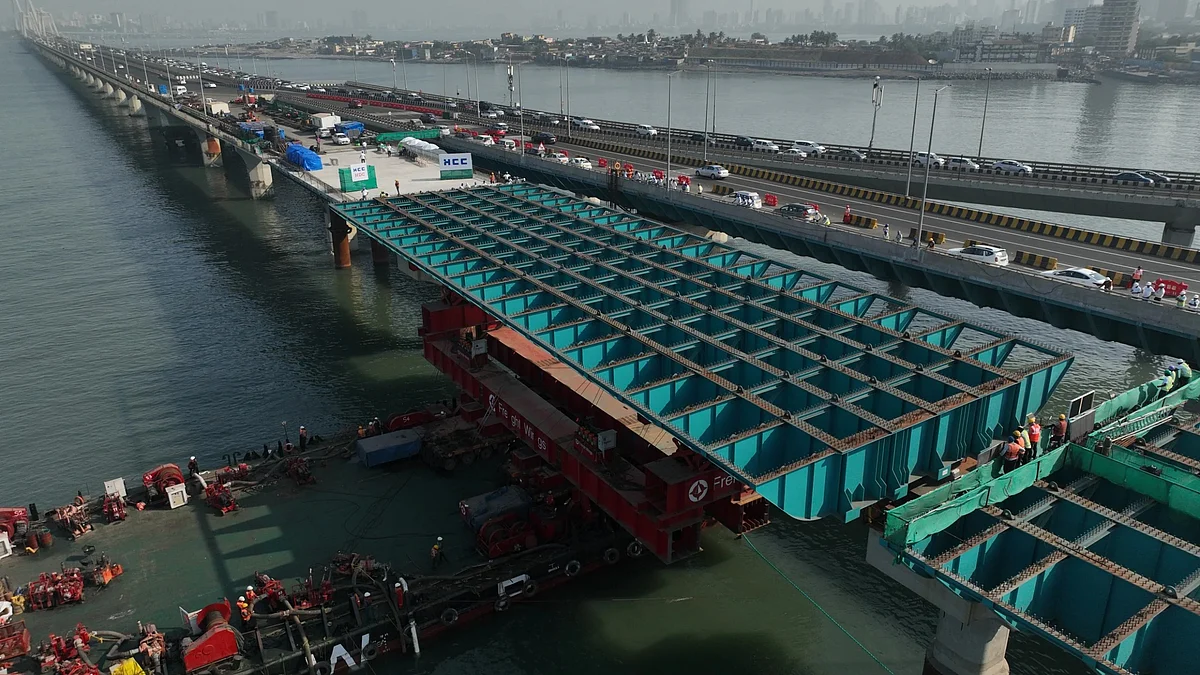Mumbai: We all put in our hard-earned funds to buy that dream house for our family. It is just not a roof but a fructification of the long-cherished dream. However, to fulfil this dream, we often take the roads, which though look appealing, but in reality are a hotbed of life risks.
To save some 10-30%, people usually prefer to purchase an under-construction property as ready-to-move-in properties are more expensive. However, this requires due diligence in verification of credentials of the builder and the project.
The need for such verification is highlighted by a recent interim order dated June 30, passed by the division bench of the Bombay High Court, which highlighted the illegalities prevailing in Willingdon View, a high-rise in Tardeo in south Mumbai, which is occupied fully by persons who bought flats when the building was under-construction.
Though final orders are yet to be passed in the writ petition, the order is a reminder that all home buyers of underconstruction flats or those just about to be completed need to be cautious before investing.
As per the order, floors 1734 lacked occupation certificate (OC) but were occupied. The court declared that these occupants were living there at their own risk. The building also lacked an NOC from the chief fire officer, raising serious fire safety concerns.
The court noted that the construction had been completed in 2010, and occupation began in 2011, despite these glaring violations. Justice Girish Kulkarni and Justice Arif Doctor expressed shock at the “blatant illegalities” and questioned how such a structure was allowed to come up “with impunity”. The bench criticised attempts to regularize the construction and warned of civil and criminal liability for both the developer and residents.
The interim order emphasised that compliance with fire safety norms is non-negotiable, especially in high-rises, citing past tragedies like the Kamala Mills fire as cautionary examples. The above case rings warning bells to all those who want to invest in under construction properties.
The writer is a practicing advocate in the Bombay High Court


.png)





